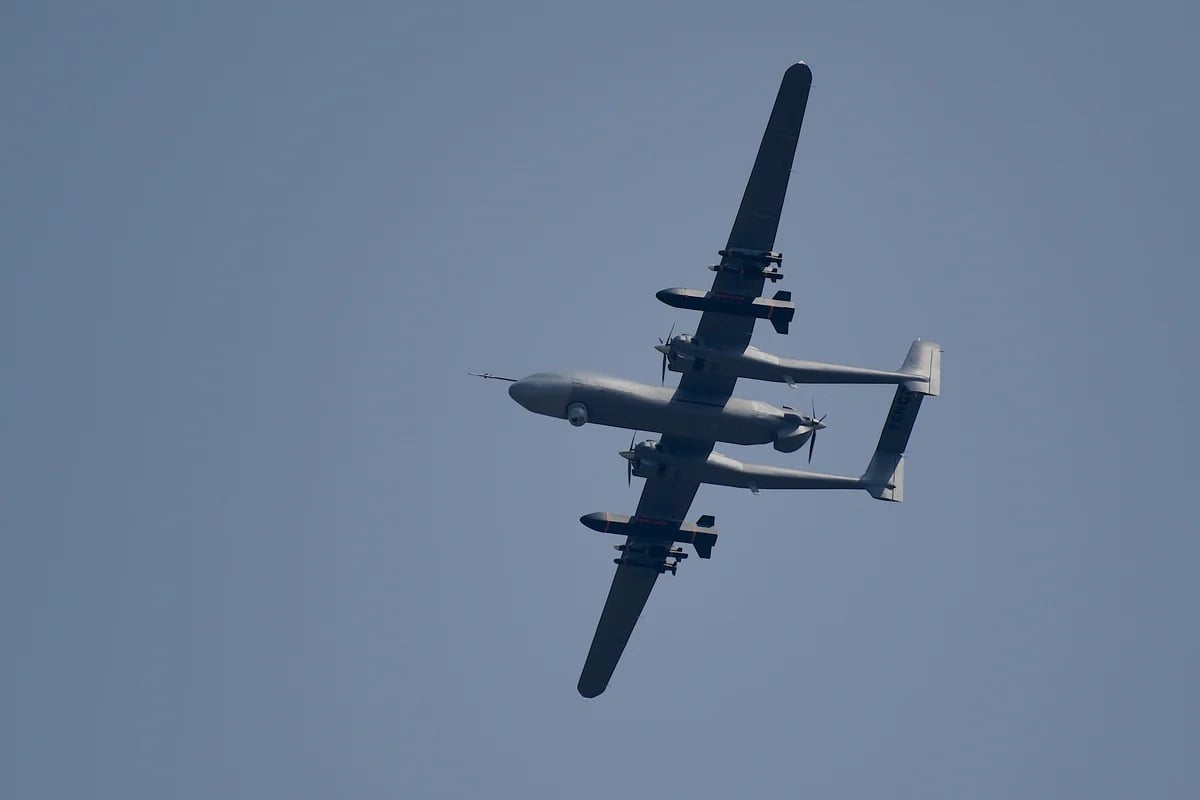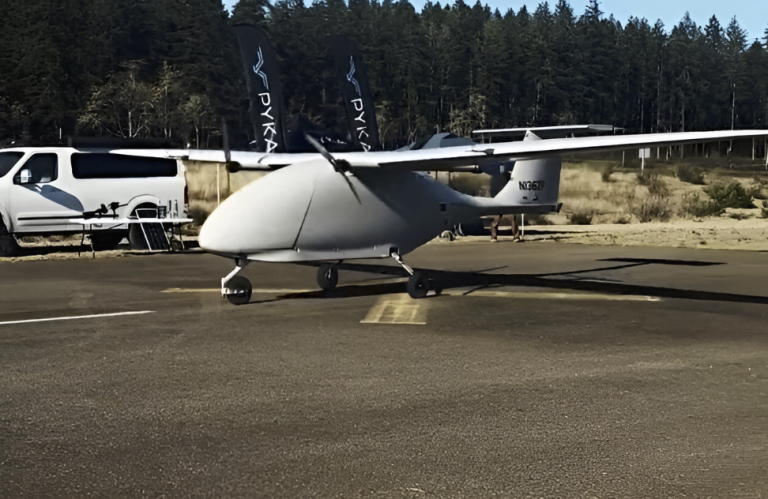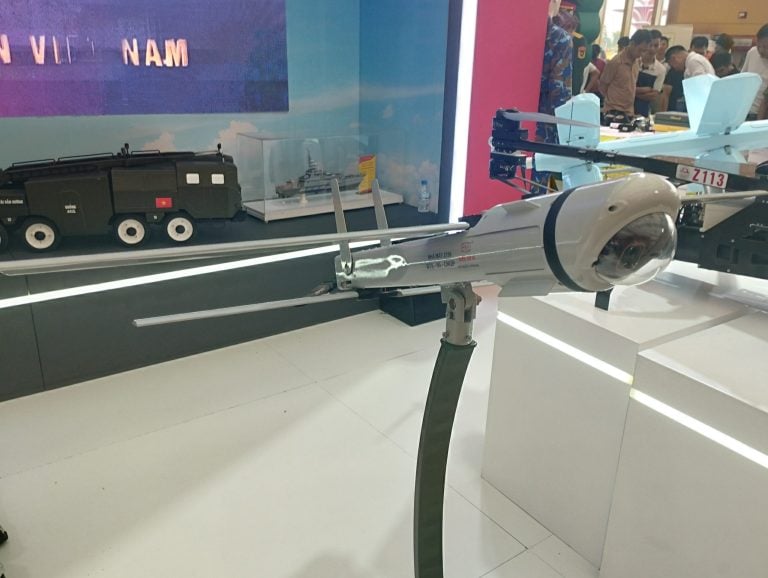China has officially inaugurated a new proving ground for unmanned aerial systems (UAS) in Ngari, Tibet, as reported by state media. The facility, named the “Ali” testing center, was opened in September at an elevation exceeding 4,500 meters (14,760 feet), making it one of the highest such centers in the world.
The newly launched site aims to provide an environment for testing large drones under extreme conditions, focusing on gathering crucial data for future technological advancements. It will also assess the autonomous performance of these unmanned systems in various real-world scenarios, including mountain rescue operations, road inspections, and tourism services.
This initiative is part of a broader three-year action plan by the Chinese government, which has thus far led to the development of firefighting and emergency drones that are capable of functioning efficiently in the harsh plateau environment. This progress signals a significant transition from preliminary concepts to the deployment of operational equipment.
Shi Yuhui, the deputy secretary of the Ngari Prefectural Party Committee, emphasized the strategic importance of Ngari, referring to it as a critical transportation and logistics hub in western Tibet. He highlighted the region’s variable topography, low oxygen levels, and intricate airflow as factors that make it an ideal testing ground for aerial vehicles.
Alongside the opening of the Ali facility, there have been mentions on social media of a new high-altitude UAS reportedly named “Ali Yundun-1.” However, Chinese officials have yet to confirm the existence of this aircraft or provide any operational specifications.
In addition to the testing facility, there are plans to cultivate local expertise in the drone sector. Chen Liang, deputy director of the National Key Laboratory of High-Energy and High-Power Pulsed Power Sources, indicated that research at the laboratory would be tailored to the unique environmental factors of the region. This initiative aims to enhance drone adaptability and drive down development costs for businesses operating locally.
Yuan Jianping, an expert on UN Sustainable Development Goals and former vice president of Northwestern Polytechnical University in Shaanxi, noted that Ngari’s expansive airspace and the growing demand for UAS services could significantly contribute to what officials are calling a “low-altitude economy.” He expressed optimism that developing this economy would not only harness the potential of industries such as tourism, logistics, and emergency services, but would also stimulate high-quality development in border areas.
Furthermore, Yuan indicated that Northwestern Polytechnical University plans to collaborate with local governments and enterprises to create a research and training base aimed at advancing technology, fostering talent, and enhancing commercial applications in the drone sector.







